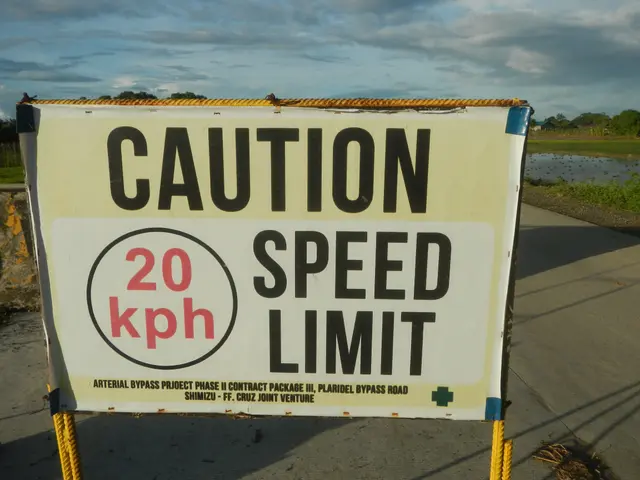Texas Football Ties to Global Warming Examination
In the Southern Great Plains region, climate change is impacting various aspects of life, and football is no exception. The region, including Texas, is experiencing rising temperatures, extreme weather events, and more variable precipitation patterns, creating hazardous playing conditions for players, fans, and local economies.
Heat Stress and Player Safety
Rising temperatures and heat waves are increasing the risk of heat-related illnesses among players during practices and games, particularly in summer and early fall. This is critical in Texas and the Southern Great Plains, where already hot conditions can become dangerously extreme. To ensure safer playing conditions, heat safety protocols, such as scheduling practices and games during cooler parts of the day, mandatory hydration breaks, heat acclimatization programs, and monitoring players for heat illness symptoms, are essential.
Extreme Weather and Game Disruptions
More frequent extreme weather, including damaging large hail and intense thunderstorms, poses a direct physical risk to players and can cause game delays or cancellations. Research indicates a potential 25-75% increase in damaging hailstone frequencies by the end of the century. Improved weather warning systems at schools and venues can provide timely alerts about hailstorms, lightning, and severe weather, enabling quick protective actions.
Precipitation Patterns and Field Conditions
Shifting precipitation patterns with wetter winters and more variable rainfall affect field conditions, potentially leading to muddy, unsafe playing surfaces and greater injury risk. Enhancing drainage systems and using resilient turf can reduce hazards from wet and muddy fields.
Adapting to Climate Change
Addressing climate change requires reducing greenhouse gas emissions and implementing climate adaptation and mitigation measures. In Texas, these efforts align with broader climate resilience efforts seen in agriculture and public safety, emphasizing adaptation to increasing climate variability and extremes. Emergency preparedness training for coaches and staff to respond to weather-related injuries or emergencies during events is also crucial.
Friday night football games at local high schools in Texas are a cultural phenomenon, but climate change is expected to create challenges for players, fans, and local economies. By taking steps to promote safer playing conditions, including heat education and hydration, safer practice schedules, and climate-resilient design, athletic organizers and staff can help protect players’ health and safety amidst the evolving climate challenges in the Southern Great Plains region.
For more information on climate change impacts in Texas and the Southern Great Plains region, see Chapter 26 of the Fifth National Climate Assessment.
Read also:
- Germany's three-month tenure under Merz's administration feels significantly extended
- Hurricane-potential storm Erin forms, poised to become the first hurricane in the Atlantic Ocean this year.
- Skepticism About Climate Change Previously Held; Factors That Shifted Perspective Revealed
- Heavy rain causes flash floods in Hyderabad, resulting in severe waterlogging and disruptions to city life during a heavy downpour.







